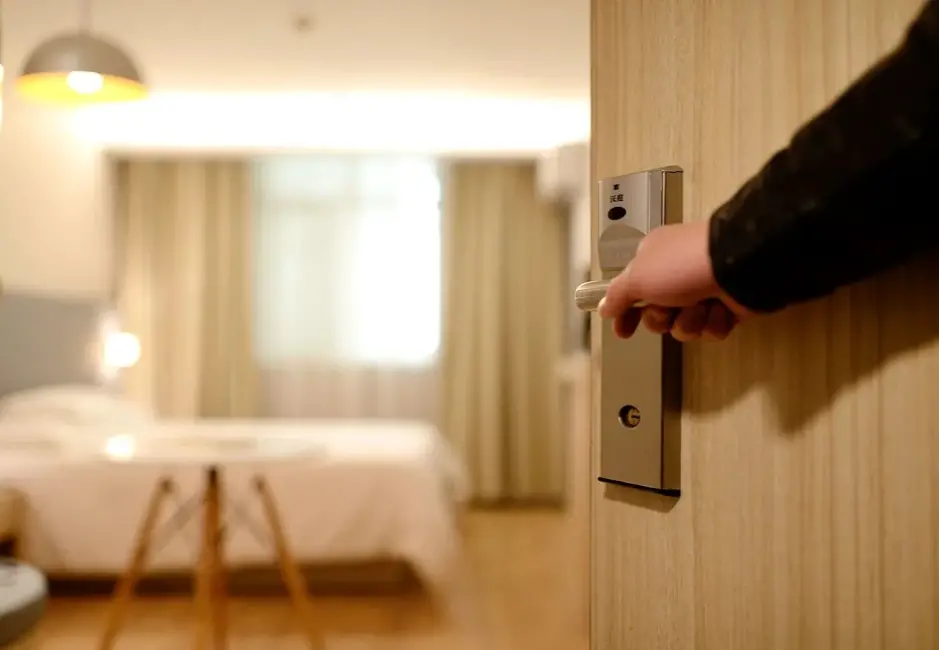
As Poslovni Dnevnik/Suzana Varosanec writes on the 14th of August, 2020, in the first seven months of 2020, the hotel company Jadran from Crikvenica reached 53 percent of last year’s turnover in the same period. Given the current state of booking, and in the event that there are no major “shocks”, Jadran’s management expects that the company’s annual realisation will amount to more than 60 percent of last year’s turnover.
This is obviously the result of Jadran’s investment cycle, although the President of the Adriatic Management Board Goran Fabris notes that it must not be forgotten that this is a very difficult tourist season, which in other words means that the overall results will be significantly worse than expected at the beginning of the year. According to Fabris, this will inevitably lead to a slowdown in the investment cycle.
However, in spite of the unfavourable tourist season accompanied by the enforced epidemiological measures, with intensive preparations and completed investments, the company did very well in July. This privatised company, majority owned by the pension funds PBZ CO and Erste Plavi, has been waking up more and more over the last three years due to an investment cycle, meaning that all renovated accommodation facilities – especially those with three or four stars – have better results than last year. Such an example is the Esplanade Hotel (39 rooms) in Crikvenica, which is an investment from back in 2017, before the company’s privatisation and its new investment cycle.
This year is also the first in which investments made since Jadran was privatised are starting to return, and the data on the share of Croatian guests is very interesting, as it showed that they are more significant than initially expected, not only in Crikvenica, but also in Baska. When it comes to the structure of guests, Jadran says that along with Croats, the most numerous guests are Austrians, Germans, Slovenes, Czechs and Hungarians, but the share of Slovenes and Croats is 15 percent higher than it was during previous years.
For more on Croatian companies, follow our business page.








